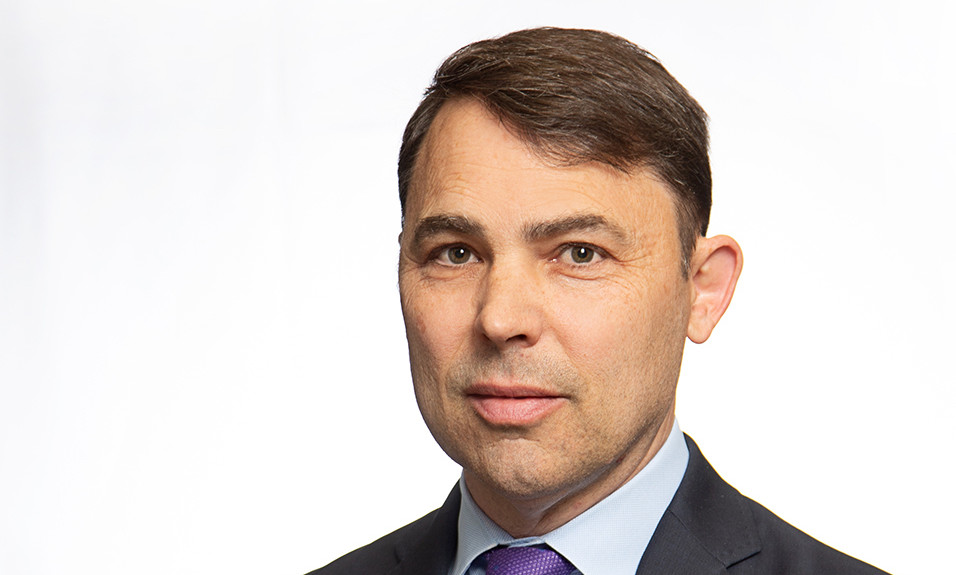It takes hope, support, connection and a sense of purpose to create a life beyond addiction
By William Stauffer
March 23, 2021This post is reprinted with permission from one of TreatmentMagazine.com’s go-to blogs about addiction, treatment and recovery: Recovery Review.
This is not my first post on gratitude. I posted this one back in 2019 and more recently this one in 2020 writing about what I call my “Eeyore Brain.” This is a subject I am deeply reflective on because I have struggled with it over my life. As this 2016 article from Forbes notes, our brains are not wired for happiness, our brains are wired for survival. I hear that.
I made it through a lot of stuff because I can often see dangers coming my way early. It has served me well in life against some very real threats to safety. However, it does leave me at times hypervigilant, struggling to enjoy the moment or see a glass half full in situations where I am privileged to even have a glass. For every real lion in the grass, there are a few shapes that seem like lions at first glance. From talking to thousands of people in early recovery over the decades, this is relatively common. I have to work hard to quiet this stuff down and feel at ease. I know I am in good company.
Gratitude and its relationship to recovery is one of the many facets we really do not know enough about even as it is a really common practice associated with sustaining recovery. Supporting people in early recovery and asking them to regularly consider things that are positive around them is a pragmatic thing I learned very early in my career. It helps people stay in recovery and reframe their circumstances. Many clinicians and peer support practitioners also use such strategies to help people think more positively and to incorporate gratitude into self-care to sustain recovery.
Studies have found that the practices of yoga in recovery and mindfulness in recovery can reduce reactivity, and these practices are increasingly being recognized as having benefits across the recovery community.”
This pilot study described by the Research Recovery Institute of the “the “Three Good Things” exercise (TGT) asked participants to describe and report the cause/context of three ‘good’ things that happened to him/her in the past 24 hours. The outcome on the small sample suggests that describing and reflecting on three good things that happen each day is a simple way to feel calmer and less stressed for persons in recovery. Hazeldon Betty Ford Foundation has done some excellent work examining and compiling information on positive psychology and its relationship to recovery. This study using 12 step-oriented participants found that higher levels of gratitude were positively associated with post-traumatic growth, and social support; and negatively associated with stress and health symptoms. Studies have found that the practices of yoga in recovery and mindfulness in recovery can reduce reactivity (that perceived lion in the grass), and these practices are increasingly being recognized as having benefits across the recovery community.
All of these articles referenced above have one common theme. We know next to nothing about these topics. That we know so little about gratitude and positive psychology and how it relates to building and sustaining recovery is referenced in every article I found. The pessimist in me believes while these are likely vital building blocks of recovery, they are not easily monetized. Nobody is going to get rich if we expand these practices across our field, much of it can be simply taught and included into self-care practices. Hence, they do not get priority for research dollars.
We must improve our understanding of how these tools may can be used to most effectively improve our outcomes to support long term recovery to improve our care and support system. Post Traumatic Growth may well be supported by the ability to reframe life circumstances in a positive way. We have done little to expand our understanding of these dynamics and how persons in recovery shift into post traumatic growth and its relationship to the process of recovery. If we can measure these facets, we may be able maximize the benefits experienced.
[W]e focus research on addiction (the threat) and spend almost nothing understanding solutions (recovery). We must focus on recovery research to improve recovery outcomes.”
There is an urgent need to expand recovery research as a primary focus of our governmental institutions. I have written about how such areas of common need get set aside in a post about the tragedy of the commons. Increasing our understanding of how these tools work and how they augment and support recovery is vital to improving our ability to get more people into and to sustain recovery. If we work on this now, a decade from now we will be grateful we did.
There is an interesting parallel to draw here because as a society, we focus research on addiction (the threat) and spend almost nothing understanding solutions (recovery). We must focus on recovery research to improve recovery outcomes. As with the treatment of other major diseases, five-year recovery outcomes should be the standard of measurement. Other quality of life improvements in areas such as physical health, employment, involvement with the criminal justice system, housing, and healthy family engagement. Such research should consider “real world” conditions such as polysubstance use and measures focused on the bio-psycho-social-spiritual aspects of addiction and recovery.
There is a rich mosaic of strategies to support hope, connection, and purpose to support recovery that largely fall under the rubric of recovery capital. Recovery capital is built across individual, family and community levels. The law of attraction applies here in multiple ways. Whatever we think about, we get more of that to think about. The very same thing can be said by what we research in respect to addiction. We should focus research dollars more on how to sustain long term recovery. We probably would increase the number of Americans in recovery that way.
This Recovery Review post is by William Stauffer, who has been executive director of Pennsylvania Recovery Organization Alliance (PRO-A), the statewide recovery organization of Pennsylvania. He is in long-term recovery since age 21 and has been actively engaged in public policy in the recovery arena for most of those years. He is also an adjunct professor of Social Work at Misericordia University in Dallas, Pa. Find more of his writing, as well as a thought-provoking range of articles, insights and expert opinions on treatment and addiction at RecoveryReview.com.blog.
Photo: Simon Rae













